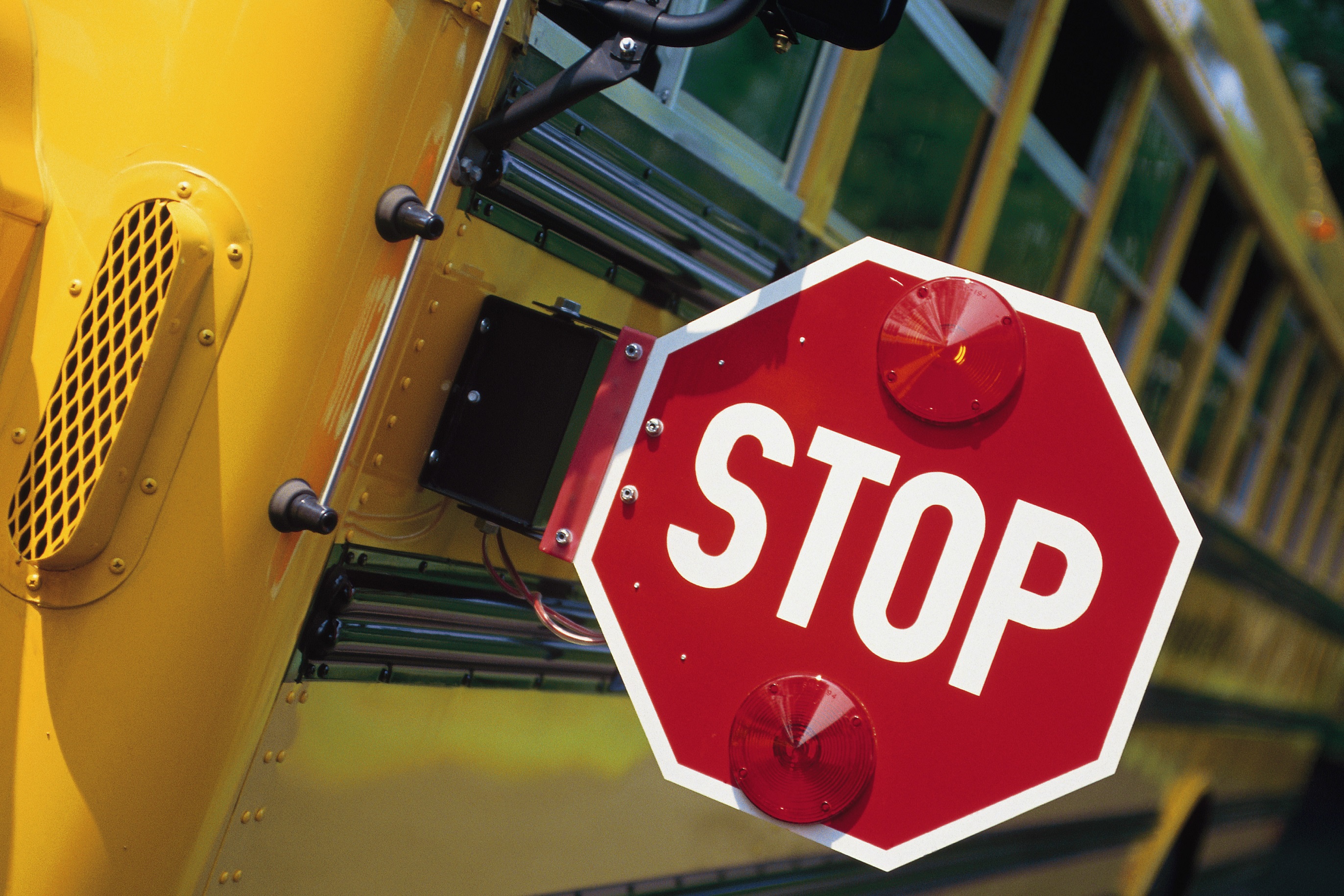
The good news for those who have been long the stock market is that the past few years have been fantastic, as companies have experienced increasing earnings, and dividend payments have followed suit. For those who have invested south of the border, the steps taken by President Trump have allowed numerous companies to increase their share buybacks, as less money is needed to pay taxes. Essentially, the United States is now open for business more than ever before.
With so many more people now traveling, the expectations of sky-high performance from shares of Air Canada (TSX:AC)(TSX:AC.B) has never been higher. At a price of $25 per share, the company has benefited quite substantially from a refund in taxes from the government, which flowed directly to the bottom line. The challenge for investors, however, is that the company continues to trade at substantially less than 10 times earnings, which may be a sign of things to come.
As of the end of March 2018, investors who’ve remain bullish on Air Canada can rest assured that there is close to $3 billion in short-term investments should the company have liquidity needs. The challenge, of course, is that there are numerous fronts that could take a piece out of the bottom line. To begin with, the price for each barrel of oil has started to increase, which will have a net impact on the bottom line should it not fall back to the previous US$50 that investors benefited from for several years.
The second major risk is that the stock market will decline in value, and the current shortfall in pension assets (of at least $300 million) will increase further. Although the company has a substantial amount of cash available on the balance sheet, it would seem that fulfilling obligations that are further out in the future is not a very big concern to management. Instead, delivering to investors in each and every quarter is what comes first.
Depending on the state of the Canadian (and American) economy, the demand for travel could slow down very quickly. In time, we will learn how by just how much.
The second name on the list of securities that could crash is none other than cruise line operator Carnival Corp. (NYSE:CCL), which has shown a gross profit on a year-over-year basis that has gone nowhere. In spite of higher revenues, the rising cost of oil has finally started to take a bite out of the bottom line of this company, which previously performed very well.
Similar to Air Canada, Carnival has not increased the bottom line due to greater operating efficiencies or growth in the industry. Instead, it is the biggest (or second-biggest) part of the cost structure that has declined and led to a net benefit.
Similar to how management did nothing and benefited, investors need to be very careful should they choose to continue holding these names. By taking action or doing nothing, management will not be able to change the inevitable.







